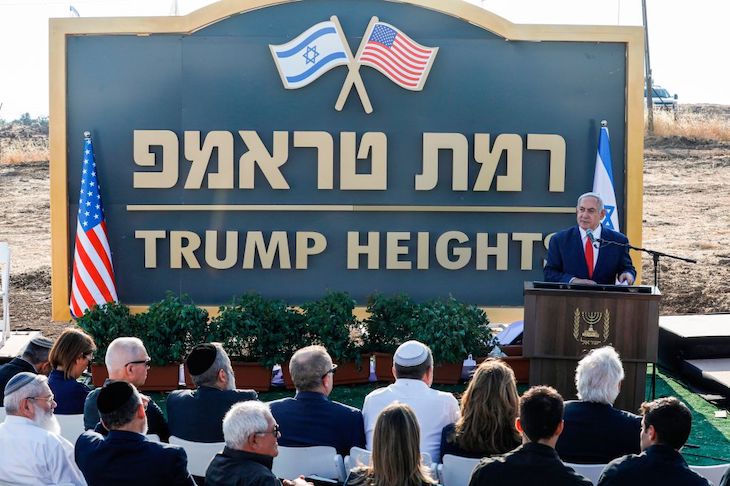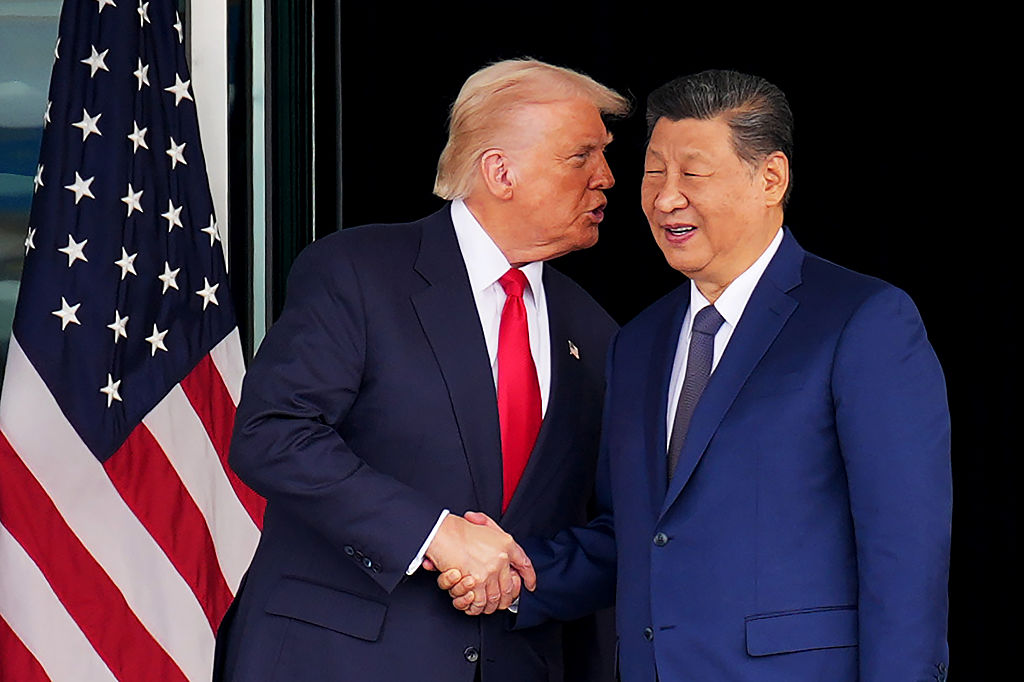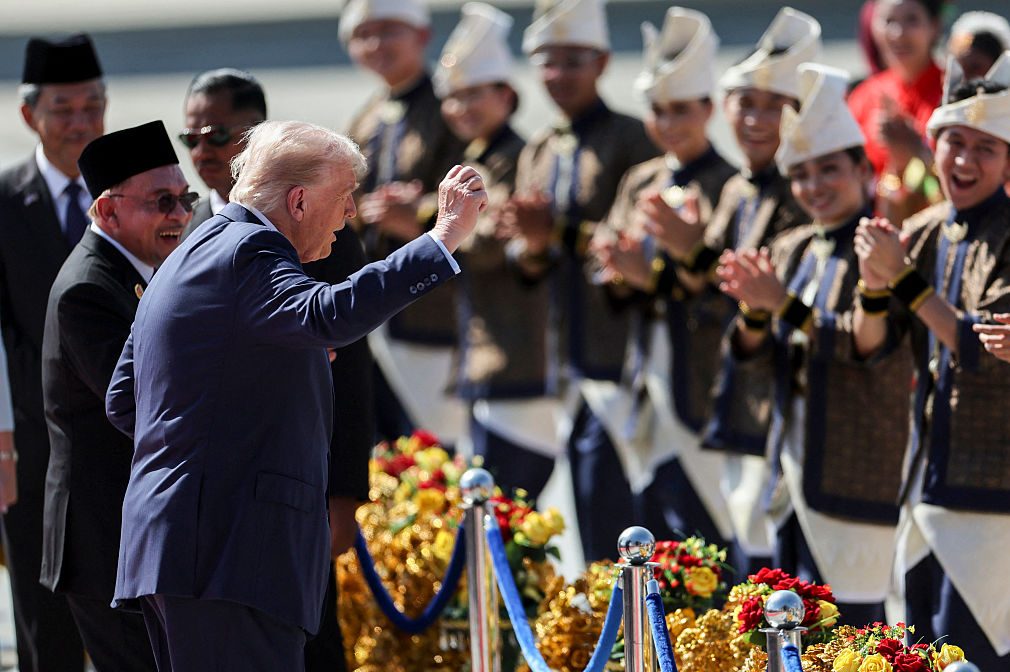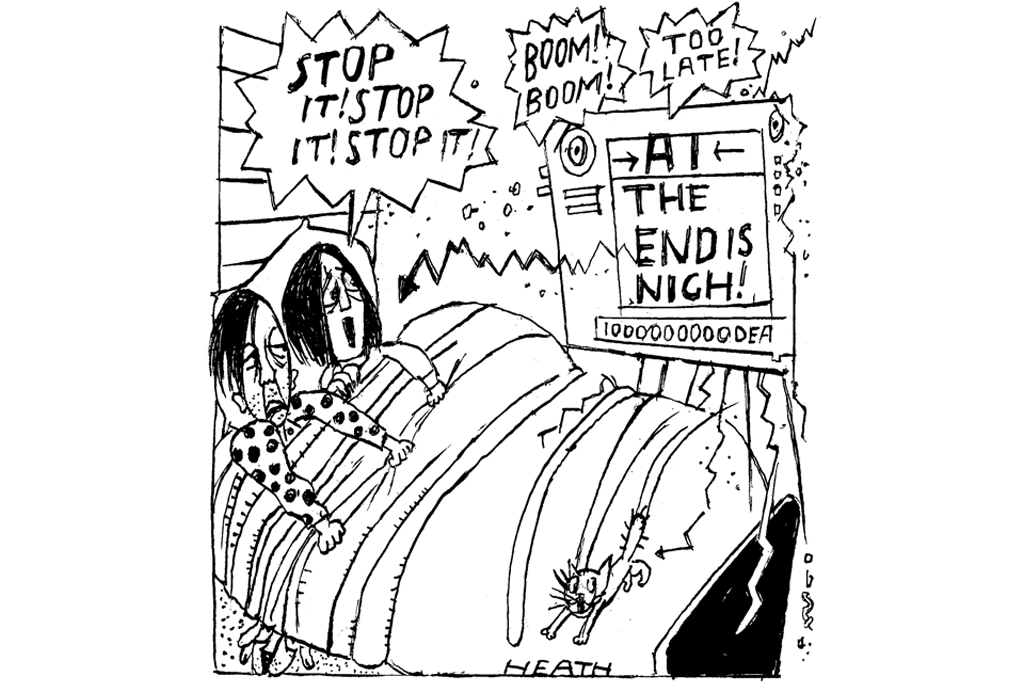At seven in the morning of June 5, 1967, Israeli warplanes took off to launch a surprise attack that would destroy the air forces of Egypt, Syria, Jordan and Iraq while they were still on the ground. The Syrian defense minister, Hafez al-Assad, ordered a counterattack by his ground forces, tanks rumbling down from the Golan Heights on Israel’s northeastern border. The offensive was given the code-name Operation ‘Nasser’, or Victory. It was, as Guy Laron writes in his book The Six Day War, a ‘pathetic…ignominious failure’. Laron describes a litany of incompetence. A diversionary attack on a kibbutz in the Galilee was seen off by a bunch of Israeli reservists, pensioners and high school students. The main offensive petered out when Syrian units got lost and failed to meet at the rendezvous point. Those that did join the attack found that their tanks were too wide to cross the narrow bridges into Israel. Some units refused to leave their barracks at all.
The Syrian order of battle revealed a lot about the nature of the regime, then and now. A Western official who knows Bashar al-Assad – son of Hafez – told me once: regime survival is their priority, whatever the cost. In 1967, the best units were held back near the capital to protect the Baath, Alawite regime from its internal enemies. Army trucks were diverted to evacuate Alawites from the areas near the fighting while troops at the front went without resupply. At the same time, the local governor told non-Alawites they would be executed if they tried to leave. The Syrian high command gave orders that soldiers caught retreating would be shot. Meanwhile, Baath officers began to sneak back to Damascus. The commander of the Golan front fled his headquarters on the back of a donkey.
Fifty-two years on, there was a coda to this humiliation when the Israeli prime minister, Benjamin Netanyahu, stood in front of a sign for a new housing development on the Golan called ‘Ramat Trump’, or Trump Heights. This was a gift to the US President for having recognized Israeli sovereignty over the territory annexed in 1967 (in what Israel says, with some justice, was a war it was forced to fight). Trump did this by tweet, of course. As the Israeli newspaper Haaretz reported, the occasion was perfectly pitched to appeal to Trump’s vanity, the name of the development spelled out in yard-high gold letters.
In fact, a sign is all there is of Ramat Trump. The founder of the Knesset caucus for the Golan said that the settlement had ‘no funding… no planning… no location and… really no committed decision.’ This was somehow appropriate. Trump himself has extracted money from investors for developments that ended as little more than a gold sign and a grand name. Still, the Ramat Trump stunt fires up evangelicals in the Republican base – Trump’s support for Israel may even peel off a few Jewish voters traditionally loyal to the Democratic party. And the decision on the Golan certainly helps Netanyahu, who faces another election in September.
Netanyahu is one of a long line of Israeli prime ministers to promise ‘never to come off the Golan’ while at one time or another secretly negotiating to do exactly that, in the interests of a wider peace deal. Various reports in the Israeli media say there were secret talks between Damascus and Tel Aviv in 2011, which had got to the point of detailed maps. But the discussions stopped with the uprising against President Assad, the Israelis calculating that he was too weak to have to deal with. There is no longer a ‘Syrian track’ of the peace process, such as it is; there is Ramat Trump. But Trump’s acceptance of Israel’s occupation of the Golan probably won’t help him achieve the ‘deal of the century’ he says will bring peace to the Middle East. What happened in 1967 helps to understand why.
Close to midnight on the day of the Israeli attack, military headquarters in Cairo sent a coded message to its counterparts in other Arab capitals: ‘Our forces are striking Israel and its army fiercely. We have destroyed most of the Israeli planes and our army is advancing towards Tel Aviv.’ This was a lie – and one not meant just for public consumption but for allies supposedly working together on the battlefield. President Nasser of Egypt repeated the lie over two days of phone calls with King Hussein of Jordan. He knew he would be found out, but he kept up the pretense that his forces were winning. In his book, The Arab Mind, Raphael Patai says this was inevitable, given the intense importance of ‘wajh’, saving face, for the Arab psyche. Patai is a controversial figure, accused of racism and orientalism, his book blamed for giving American interrogators the idea to use dogs against prisoners in Iraq. But he may be right about honor in the Arab world – and the Trump administration’s peace plan leaves little of it for the Palestinians or their Arab backers.
The Saudis and other Gulf states – the main source of money for the Palestinians – would be quite happy to see Israel get the Golan. It’s just that this would be easier to sell to the ‘Arab Street’ as part of a settlement rather than a fait accompli announced by tweet. The Saudis are more worried about Iran than Israel. Yet the US decision on the Golan allows Iran, Syria, and Hezbollah to portray themselves as the real opposition to Israel. This is one consequence of ignoring the UN Security Council resolution on the Golan that says ‘the acquisition of territory by force is inadmissible.’ The US went to war to uphold this principle in Kuwait after Saddam invaded. Now the American ambassador to Israel, David Friedman, speaks of Israel’s ‘right’ to ‘retain’ – that is annex – more of the West Bank.
Friedman is one of the architects of the US peace plan along with the president’s son-in-law, Jared Kushner. It’s a good question how much of the detail is actually known to Trump himself. Either way, the intent seems to be to impose terms on the Palestinians. There will be no Palestinian state, the ‘two-state solution’ that has been American policy since George W. Bush was in office. There have also been petty humiliations for the Palestinians, such as being forced to close their office in Washington, DC.
Kushner’s strategy is to buy off the Palestinians with an ‘economic peace’ – an idea that’s been around since Tony Blair was the special envoy in charge of bringing prosperity to the West Bank and Gaza. They are not cooperating and won’t show up at the ‘investment summit’ Kushner has organized in Bahrain. During the 2016 campaign, Trump said that he and Kushner could solve the Middle East problem during his first term. They may both find that, in the end, an Israeli-Palestinian peace will require the Palestinians. A peace plan that ignores this awkward reality will be like the mocking description of Ramat Trump in the Israeli newspaper Haaretz, ‘a mythological town that exists only in the imagination.’
Paul Wood is a BBC correspondent.

























